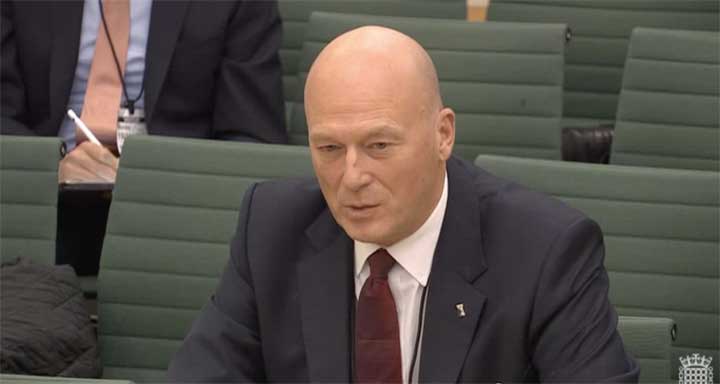
First quarter fell on March 25, before the scale of the pandemic disaster became clear
Barrister Mark Loveday cautions leaseholders and landlords over their commitments, which are largely unaffected by the Coronavirus Act 2020
Block managers across the world are anticipating a marked fall in service charge receipts, but in the UK, at least, it does not seem to have happened yet.
According to ARMA, service charges are down about 5 per cent on what they should be at the quarter day payment date of March 25. This contrasts with unverified talk among property managers of a virtual collapse in condominium payments in Italy, where the effects of the pandemic were broadly two weeks ahead of the UK.
Nigel Glen, CEO of ARMA, said: “I spoke to the CEOs, the top 10 firms CEOs, a week ago and overall there wasn’t a significant year on year change (in the 5% down range). Except in the North, where one firm found payments were substantially down as fewer and partial payments were being received. It was improving as weeks went by.
“The general consensus is to ‘soft pedal’ and continue to explain to leaseholders that service charges have no profit element and that the funds are required for insurance, cleaning, entry control etc i.e. keeping the development safe and in good repair.
“Internationally, the US and Australia are seeing relatively stable payments, albeit slightly down, but there are concerns that savings depletion and rising unemployment will shortly be felt.
“There are also widespread reports – in UK, US and Australia – that flat owners are saying that with facilities being reduced (e.g. gyms closed) the service charges should also be reduced. No doubt this is fuelled by buy-to-let tenants querying their rents with the reduced services, prompting the landlords to pass on the complaint.”
Dr Glen believes that the September quarter day demands will see how the pandemic is affecting service charges.
He added:
“The big question is what to do if we do get a significant problem – saying leaseholders can defer their payment will relieve anxiety on people who may have just lost their jobs, but will simply create another problem: how do you pay for insurance, cleaning, security and so on.
“If the safety of buildings deteriorates due to lack of funding, will people decant out back to family and friends, thereby spreading the virus further: ARMA members have three million people living under their wings – 5% of the UK population?
“Apart from yet more government funding (as loans), its hard to see what else could help.”
What won’t be of much assistance is the Coronovirus Act 2020, according landlord and tenant barrister Mark Loveday, who declares that the “the sudden collapse in leaseholder incomes has had a dramatic effect on service charge receipts”.
He points out that the emergency legislation does not affect the liability of leaseholders to pay service charges, ground rents or other sums due under residential leases.
Freeholders, and RTMs / RMCs in the position of landlords, are likely to be sympathetic to leaseholders who simply cannot pay, but “they should be aware that some forms of concessions may be open to challenge by other leaseholders”.
The main issue, Mr Loveday explains, is that: “The pandemic has not interfered with landlords’ contractual obligations to repair and maintain premises.”
Landlords could loan money to the leaseholders, but not from the service charges.
Only in one area is there hope: ground rents. Mr Loveday writes: “A landlord has an unfettered right to waive or defer its right to receive ground rents from any individual leaseholder.”
LKP has been contacted by a leaseholder who was offered a re-payment plan on ground rents by the Regis / Pier Management group: instead of £600 ground rent immediately, it was prepared to accept payment over three months.
LKP would be very interested to learn of any other ground rent abeyance or deferment plans.




 Commons nods through Fire Safety Bill, amid plenty of grumbling by veteran MPs from all parties
Commons nods through Fire Safety Bill, amid plenty of grumbling by veteran MPs from all parties






















ground rent is legalisd extortion and should be abolished, it is 100% pure profit for greedy land owners lik E&M, who also charge 1% when you sell. We were refused equity release by more to life, because they stated that our charges and ground rent were excessivley high.